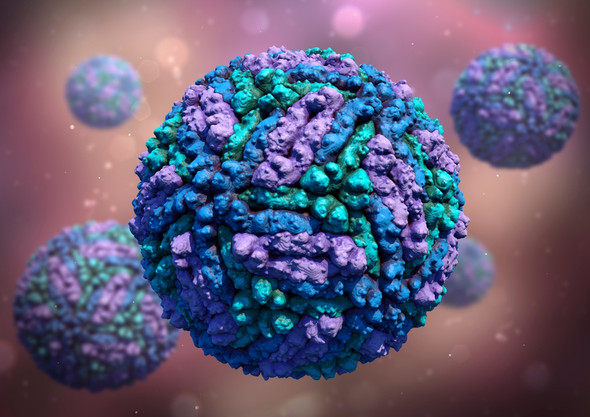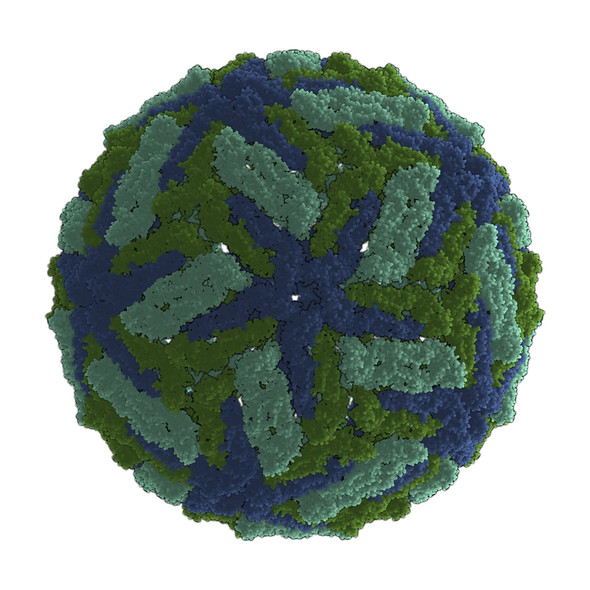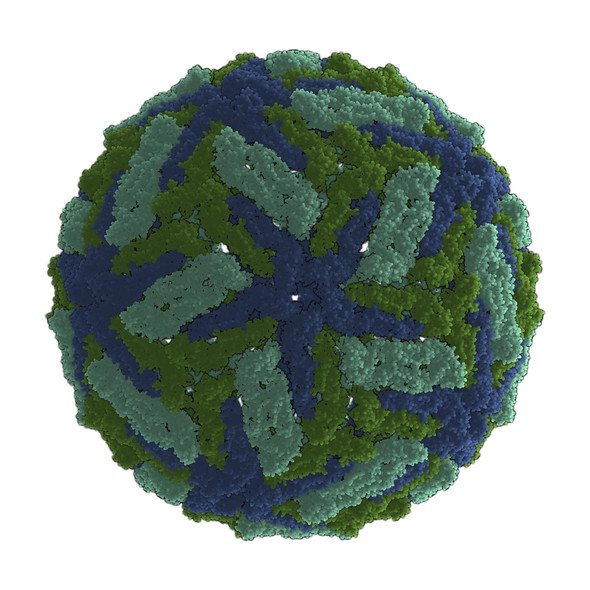Description
MOUSE ANTI-DENGUE VIRUS SEROTYPE 1 ENVELOPE PROTEIN (FD6)
Mouse Anti Dengue Virus Serotype 1 Envelope Protein (FD6) is specific for the Envelope protein of Dengue virus serotype 1, and does not cross-react with Envelope protein from other Dengue virus serotypes.
PRODUCT DETAILS – MOUSE ANTI-DENGUE VIRUS SEROTYPE 1 ENVELOPE PROTEIN (FD6)
- Mouse Anti DENV1 (Dengue Virus Serotype 1) Envelope Protein (FD6).
- Purified by protein G chromatography and presented in PBS pH7.4 .
- For use in ELISA and western blot with Goat anti mouse IgG HRP and PanBlock ELISA Blocking Buffer
BACKGROUND
Dengue virus is a member of the flavivirus family, which includes Zika virus, West Nile virus and Japanese Encephalitis virus. Many of the proteins expressed by these viruses are very similar, and serological testing for these viruses can be complicated by problems of cross-reactivity. In this context, the use of highly purified antigens, that are glycosylated and folded as native proteins can be highly important in the development of accurate immunoassays.
The Envelope protein is a major structural protein expressed by the Dengue Virus. Envelope protein is a glycosylated protein of approximately 45-50kD, and which forms part of the virus capsid in along with membrane protein. Envelope protein is an important target for the human immune response, and many neutralising antibodies have been shown to recognise the Envelope protein.
With more than one-third of the world’s population living in areas at risk of transmission, dengue infection is a leading cause of illness and death in the tropics and subtropics (WHO for Guidelines for Diagnosis, Treatment, Prevention & Control, 2009) As many as 100 million people are infected yearly. Dengue is caused by any one of four related viruses transmitted by mosquitoes. There are no vaccines available to prevent infection with dengue virus.
Early diagnosis of dengue and dengue serotypes is a vital step in patient management. However, many of the proteins expressed by Flaviviruses are very similar and serological testing is complicated by problems of cross-reactivity. In this context, the use of highly purified antigens, that are glycosylated and natively folded are crucial in the development of accurate and reliable immunoassays.














